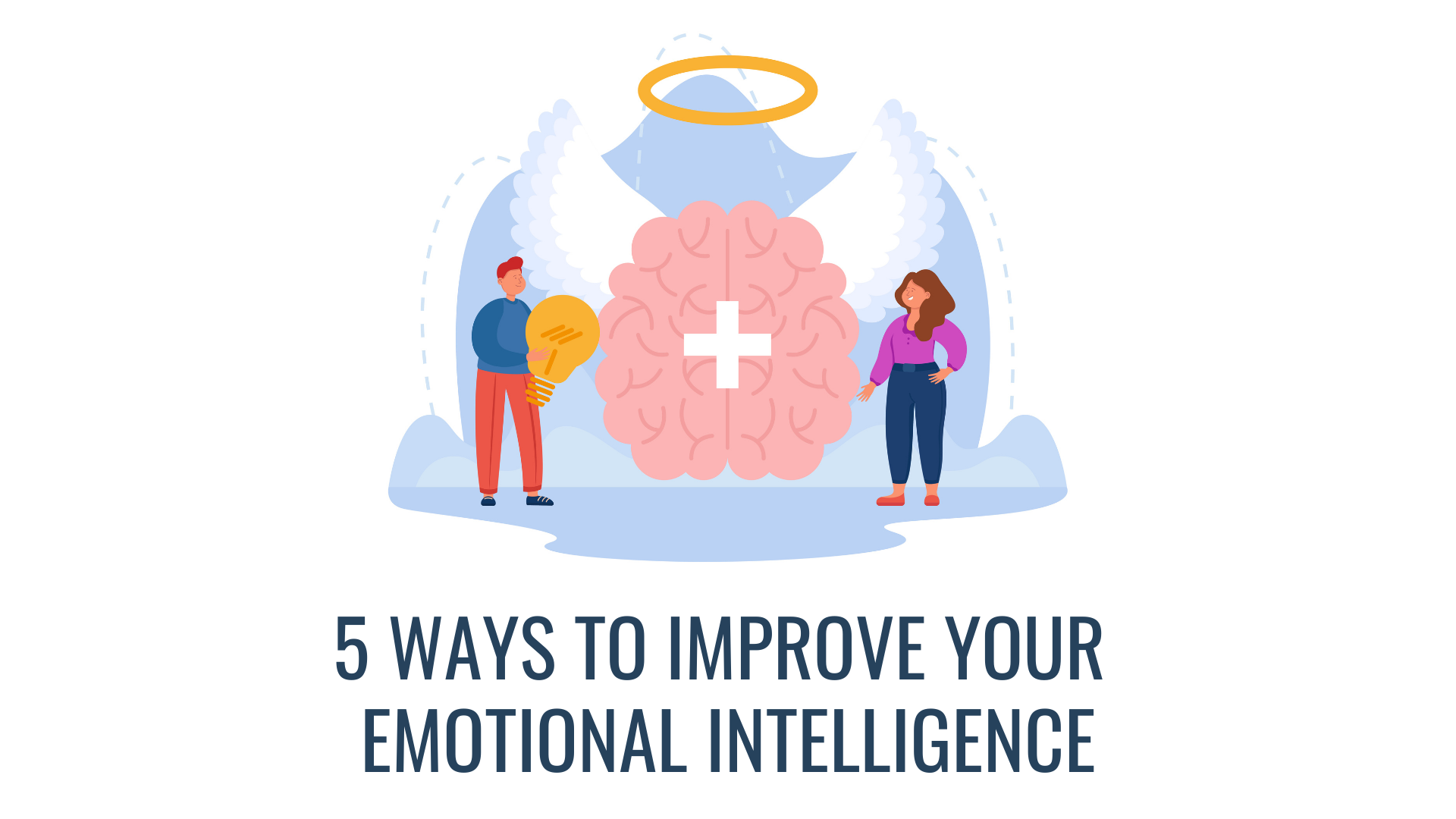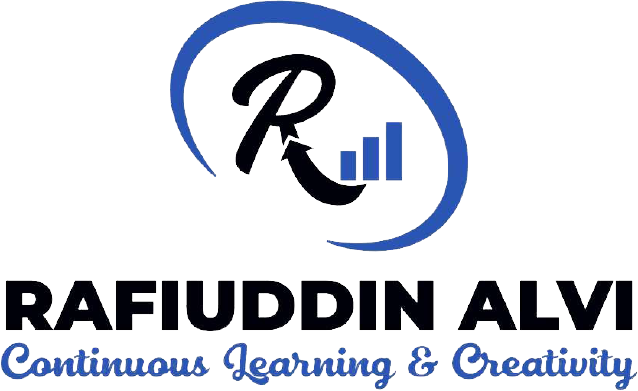
Emotional Intelligence, commonly called Emotional Quotient or EQ, is the capacity to recognize and regulate your own and others’ emotions. Leading a group requires a high level of emotional intelligence. One of the most critical measures of job effectiveness is your capacity to regulate your feelings, as well as identify and influence others.
Emotionally intelligent leaders can sympathize with others, communicate effectively, and resolve conflicts. All of these skills are individualities of successful leaders. Under challenging conditions, they do not become enraged. Instead, they can look at an issue and calmly develop a solution. This is why it is critical to develop Emotional Intelligence. If you want to improve your leadership qualities, you should focus on the following Five Ways to Improve Your Emotional Intelligence Skills:
5 Ways to Improve Your Emotional Intelligence
1. Self-Awareness
Having a comprehensive grasp of your strengths, limits, emotions, beliefs, and motives is what self-awareness is all about. Leaders who can recognize and manage their feelings are better able to detect the sentiments of others and know how to encourage their colleagues. Self-awareness is common among those with vital Emotional Intelligence.
They’re self-assured because they trust their instincts and don’t allow their emotions to take over. The leader may improve trust and honesty among your team by admitting your flaws. You may also take control of your professional growth by determining which areas you need to improve to enhance your career.
2. Self-Regulation
Leaders who identify their emotions and allow themselves time to process them may carefully construct their responses and avoid doing anything that jeopardizes the goodwill they’ve worked so hard to develop. How you regulate your emotions, behaviors, and impulses is called self-regulation.
The easier this gets, the more self-aware you are; if you can understand what you’re experiencing and why you’ll be able to respond correctly. People who self-regulate are less likely to become enraged or jealous, and they are less likely to make rash, reckless judgments. They consider their options before taking action. Consideration, comfort with change, honesty, and the capacity to say no are all characteristics of self-regulation.
3. Empathy
Empathy is the ability to identify with and comprehend desires, needs, and perspectives. People with empathy are skilled at perceiving other people’s sentiments, even if they aren’t visible. You can increase employee engagement, create trust, and more successfully guide people through obstacles by actively listening to them and taking a moment to understand their goals and needs.
Your employees will be more invested if they feel valued, which will lead to improved morale and a more robust corporate culture. Managing relationships, listening, and relating to others is a plus point of empathetic people. They avoid making snap judgments and live their lives openly, honestly.
Also read: What Is The Procurement Management Knowledge Area?
4. Motivation
Motivating yourself and the employees is key to a successful company. Motivation is the capacity to inspire oneself and others to do action. Self-motivated leaders are more concerned with achieving corporate goals than with monetary rewards.
Motivated persons usually have more emotional intelligence. They make objectives, take the initiative, rise to the occasion, and maintain optimism in the face of adversity. The more upbeat you are, the more self-assured your staff will be.
5. Social Skills
The way you detect emotions and connect and communicate with people is all about social skills. It will be simpler to analyze people’s emotions if you are more aware of your own. You can also create and sustain connections more readily by gauging people’s sentiments. Leaders with excellent social skills understand that they cannot succeed alone.
Collaboration, communication, and a shared vision are required to achieve objectives and milestones. Rather than focusing on their accomplishment, they assist others in growing and shining. They are skilled at resolving conflicts, communicating effectively, and creating and sustaining relationships.
Conclusion
Emotional Intelligence is the capacity to detect and comprehend your emotions, and the impact your emotions have on those around you. It also affects your perspective of others: understanding how others feel assists you in better managing relationships—people who have mastered the art of controlling their emotions.
You’ll need Emotional Intelligence to bring out the best in people and develop high-performing teams. While Emotional Intelligence is helpful to everyone, it is particularly vital for individuals in leadership positions. Comment down below which one helped you to improve your Emotional Intelligence.

